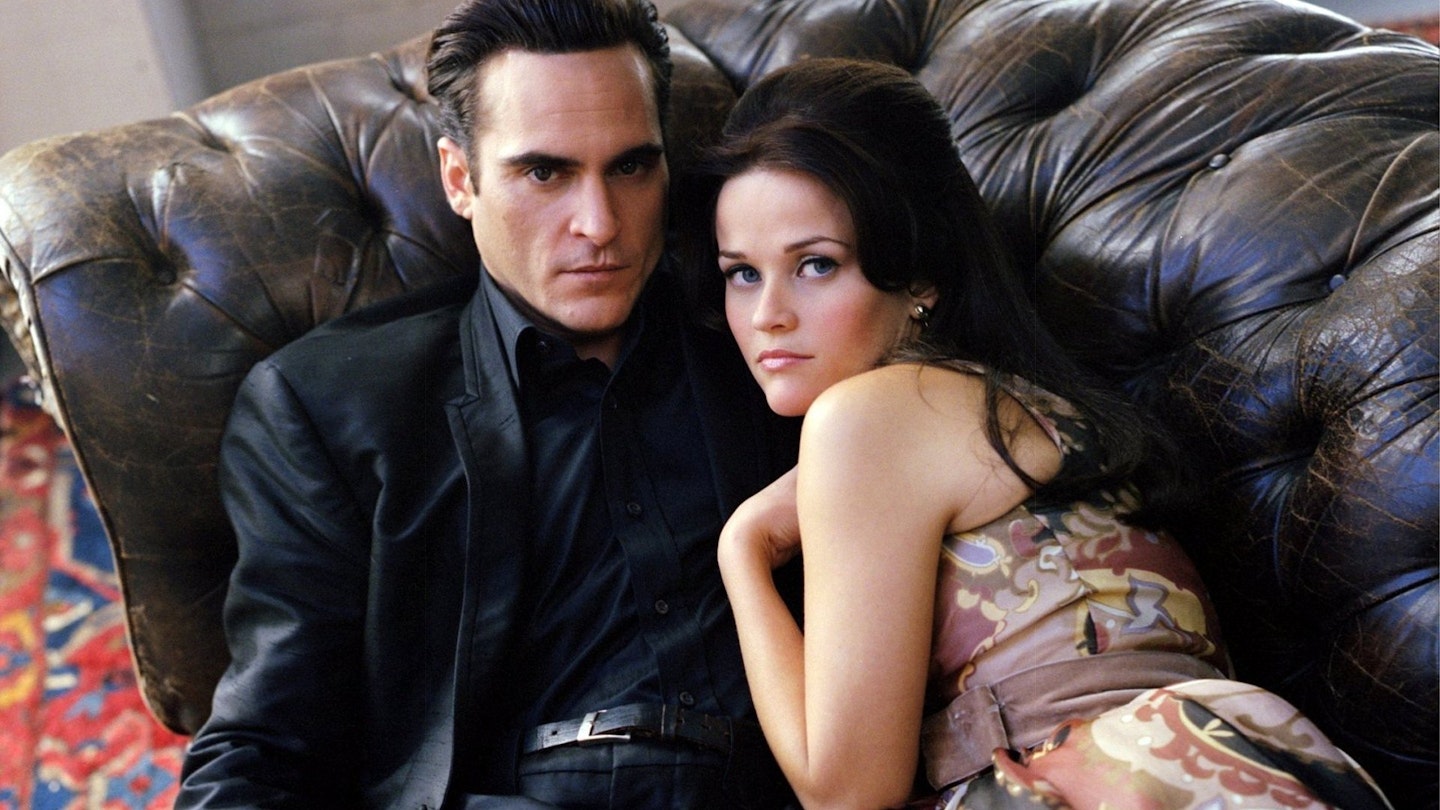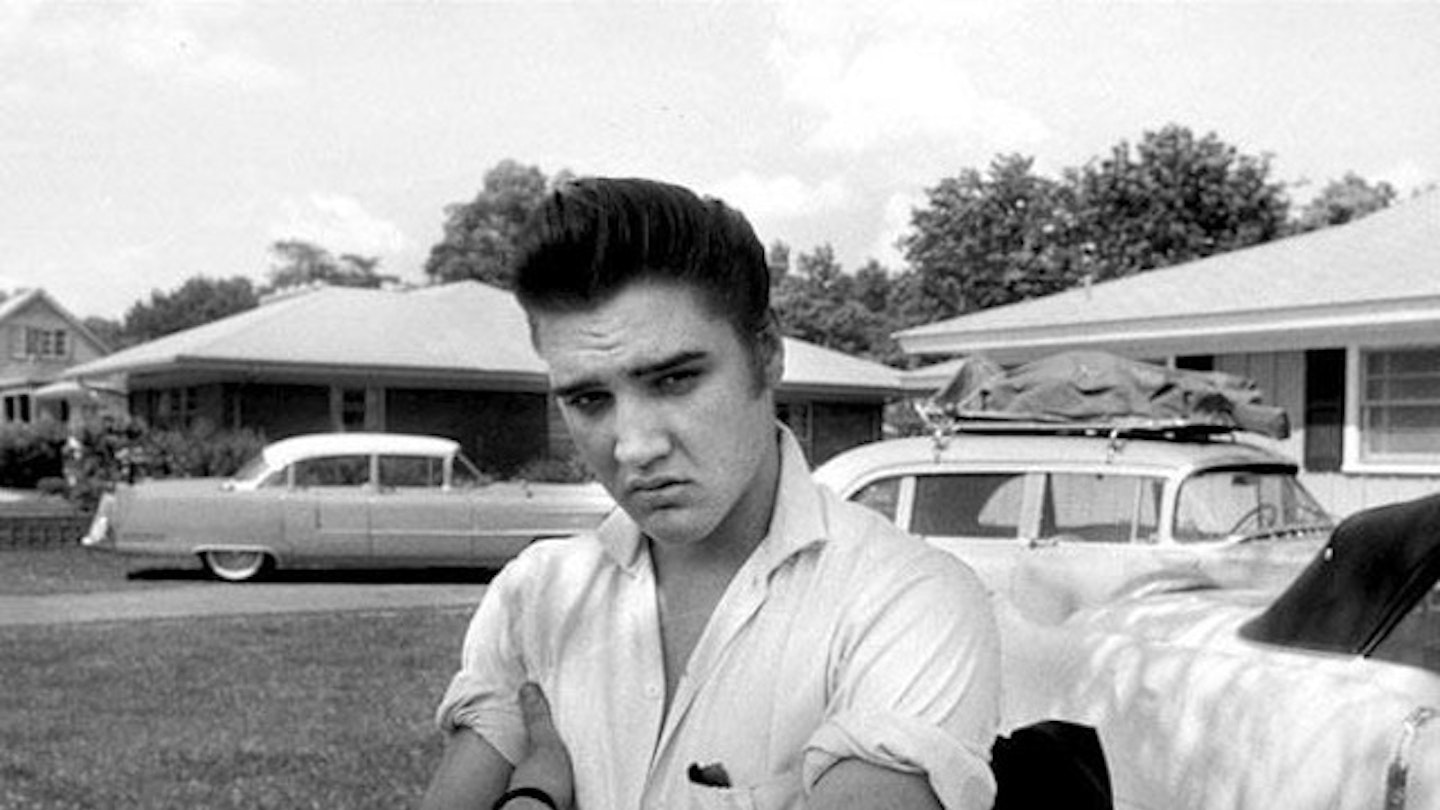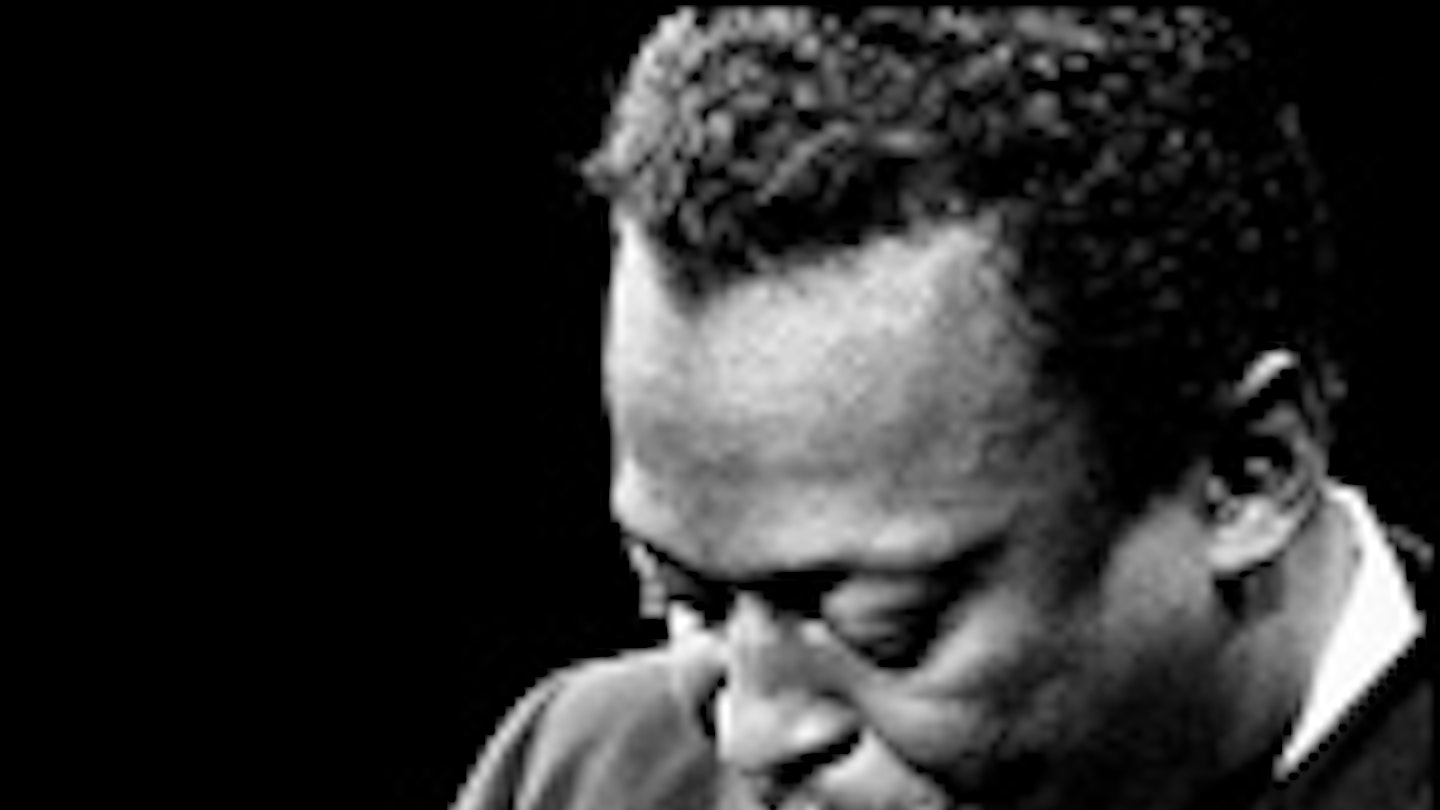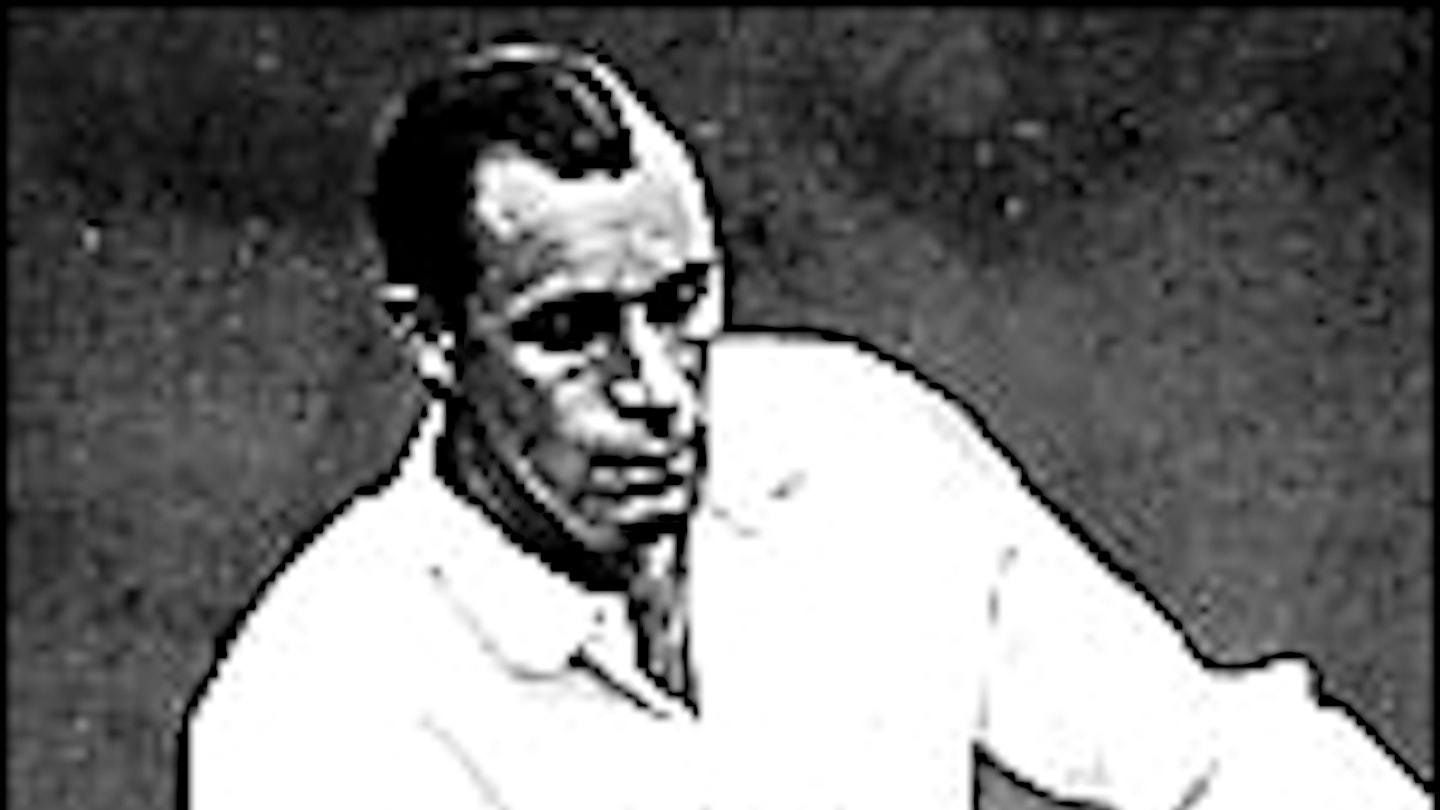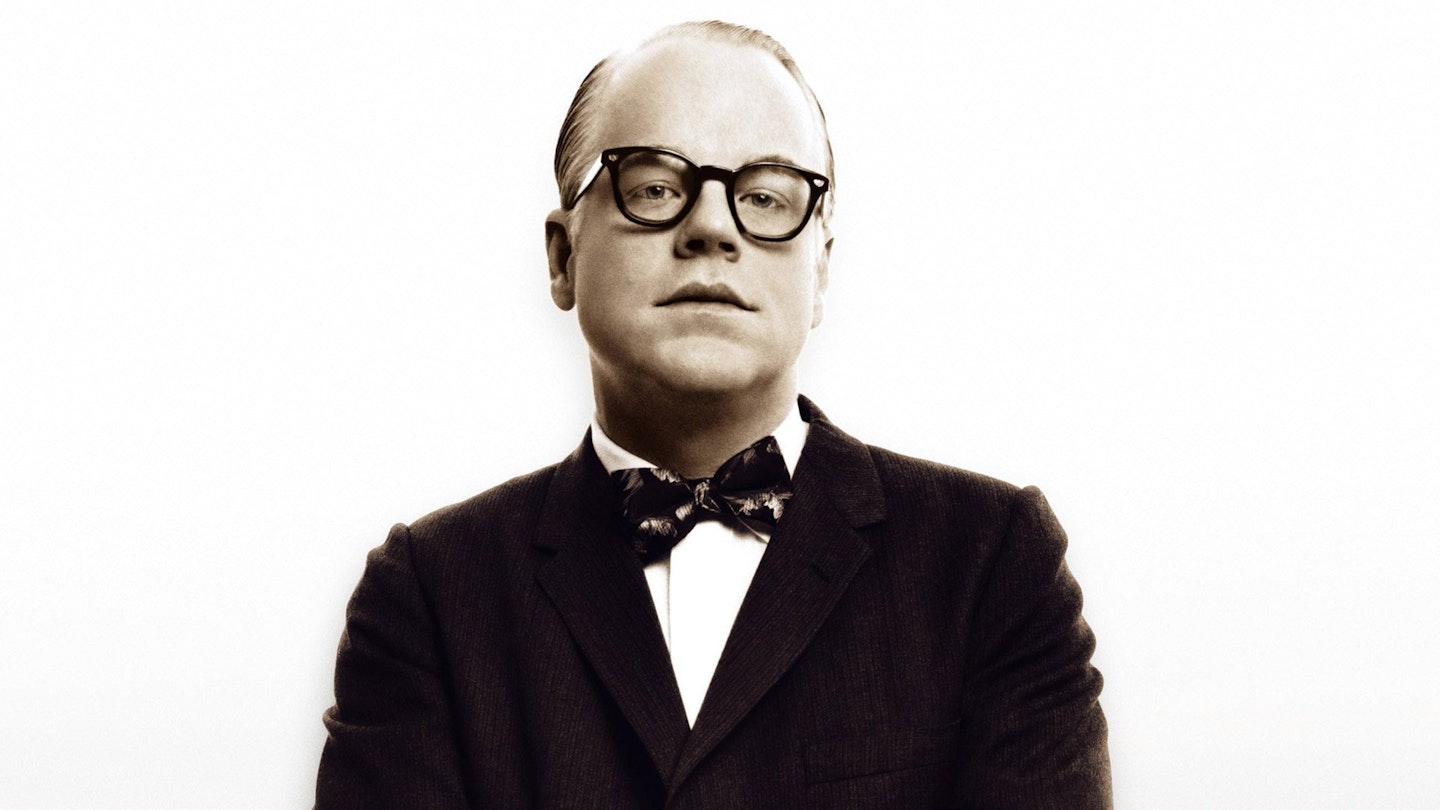Musicians sing songs of three minutes and live lives in three acts. They all struggle to crack the big time, they all succumb to the temptations of the road and practically everyone manages to clean up in time for one final hit. Little wonder that ever since Elvis died on the crapper, the heady mix of pop and problems has excited almost as many TV movies as broken homes and bowel cancer.
And yet it is the particular misfortune of James Mangold’s bubblegum biopic of country pioneer Johnny Cash to be released just 11 months after Taylor Hackford’s glossy Ray snaffled a clutch of Oscar nominations and every conceivable acting award for star Jamie Foxx. The similarities between the two stories are striking: from the social and political upheaval of the American South in the post War period, to the poor country boy haunted by guilt about the brother he lost, large chunks of the territory traversed here were mapped out by Ray. Like R’n’B innovator Ray Charles, Cash was a musical rebel determined to forge a new sound back when such things were possible, and just like Charles, the monumental Cash was very nearly undone by drugs.
Factor in the proximity and the superficial resemblance can become dazzling — expect critics to glibly cite this as yet another example of Hollywood’s herd mentality (see Volcano vs. Dante’s Peak etc.)
But hell, since we must be glib, the correct comparison is this: Walk The Line is the Deep Impact to Ray’s Armageddon. Where Hackford’s film was an overblown, emotional blockbuster precision-engineered for Oscar- (rather than box-office) glory, Mangold’s movie is a more composed affair, studiously focused on a slow-burning romance rather than straining to capture an entire life. As such, Walk The Line feels like a more rounded work; it may lack some of Ray’s pizzazz — heroin is a better villain than prescription speed — but it moves more smoothly and eventually arrives at a natural stopping place.
Interestingly, though, there is little to be made of the most obvious creative difference. Hackford’s decision to have Foxx, an accomplished singer, mime to the inimitable Ray Charles proved to be a sound decision, but Mangold’s riskier gamble — for the untested Phoenix and Witherspoon to provide all the vocals — also pays off handsomely. It is not so much that the pair’s impressive impressions would ever fool a discerning ear, it is that the high-wire thrills tendered by watching amateurs stretch themselves on film is not so far from the buzz of live performance.
Walk The Line’s greater reserve should endear it to any delicate palates who choked on Ray’s sentimental bluster, but in truth, both movies are fundamentally genre pictures elevated to a different league by two simple ingredients: a killer soundtrack and knockout performances.
For a life so chaotic and a star so singular, Mangold coughs up a structure so predictable it wouldn’t look out of place on the Hallmark Channel. Much like those unstoppable Cash rhythms the narrative remains on rails, ticking off major life events and chalking up star cameos (Elvis! A namecheck for Bob Dylan!) without ever really bringing the Man In Black into the light. Then again, perhaps it all depends on how black you like it: as a psychological study of the complex Cash, Walk The Line is perfectly pat; as a celebration of the romance between Cash and Carter, it is perfectly sweet.
The appeal of the central couple is a direct result of tireless work from the two leads. Phoenix makes hay with the rich soil he’s given to till, but if anyone suffers from close proximity to Ray, it is Phoenix. The broody actor is very good here — terrific, even — but, unlike Foxx, he is never astonishing.
Reese Witherspoon, though, comes mighty close. Witherspoon’s June is a pistol — a sugar-rush of screwball energy and cornball Southern sass that’s meticulously earthed with grace notes of sadness, hinting at the stolen childhood and broken marriages that all take place off screen. With a thin field likely confronting Witherspoon in March, this largely supporting role may well land the film its only major honours.
